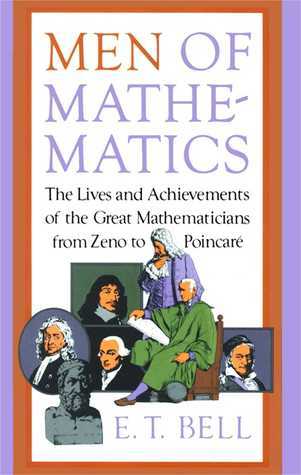What do you think?
Rate this book


590 pages, Paperback
First published January 1, 1937
As a matter of temperament some find the Laplacian conception of an eternally stable solar system repeating the complicated cycle of its motions time after time for ever and ever as depressing as an endless nightmare. For these there is the recent comfort that the Sun will probably explode some day as a nova. Then stability will cease to trouble us, for we shall all quite suddenly become perfect gases.
Cauchy's life and character affect us like poor Don Quixote's — we sometimes do not know whether to laugh or to cry, and compromise by swearing.
But on the utterly imbecilic advice of his physician he began meddling in politics "to benefit his nervous system." If ever a more idiotic prescription was handed out by a doctor to a patient whose complaint he could not diagnose it has yet to be exhumed.
The choice of such phraseology is not merely stereotyped pedantry. There is a reason for its use, and careful writers mean exactly what they say when they assert that “we can find, etc” They mean that they can do what they say.